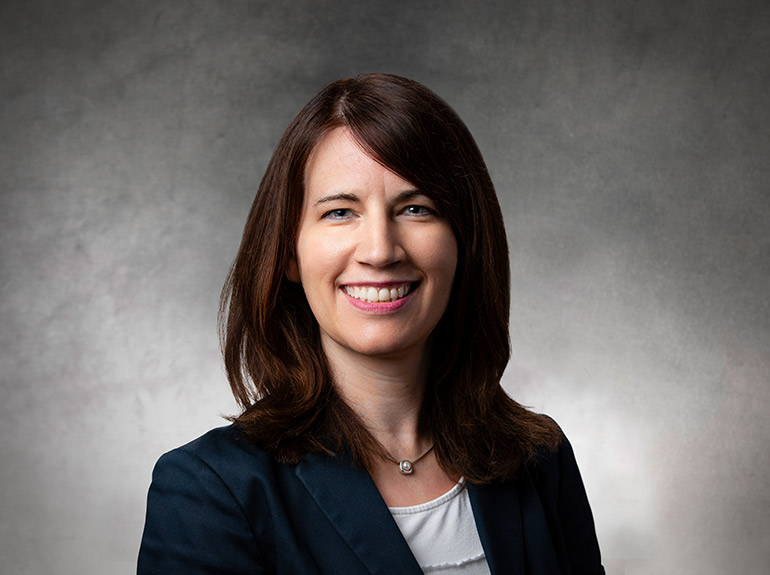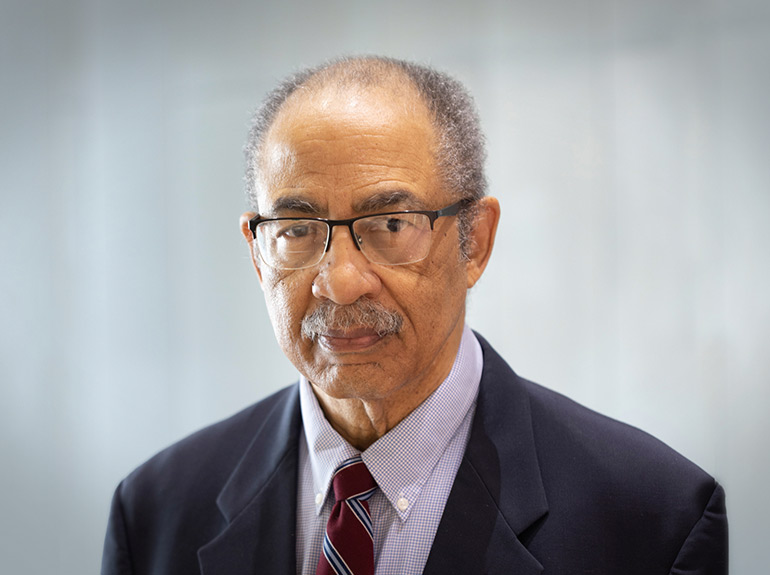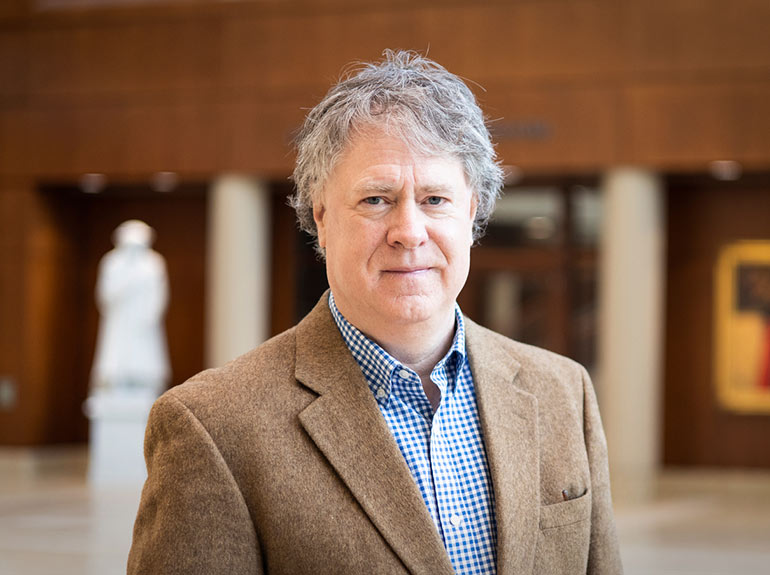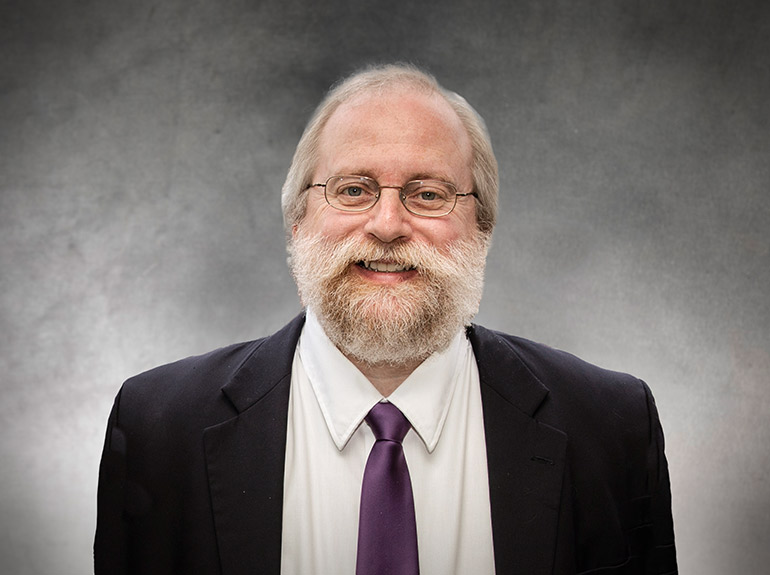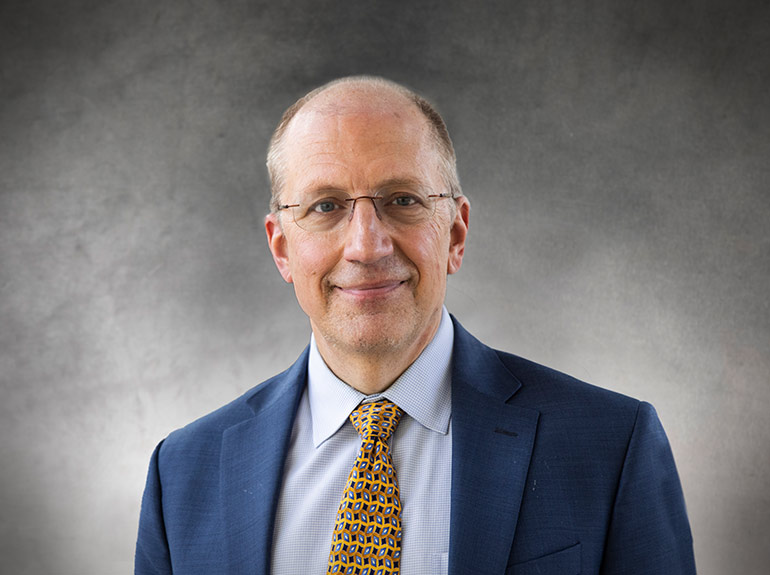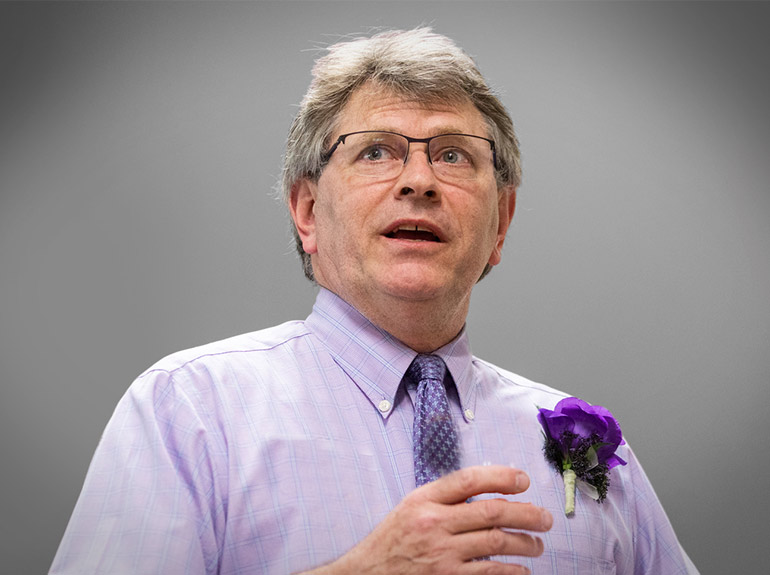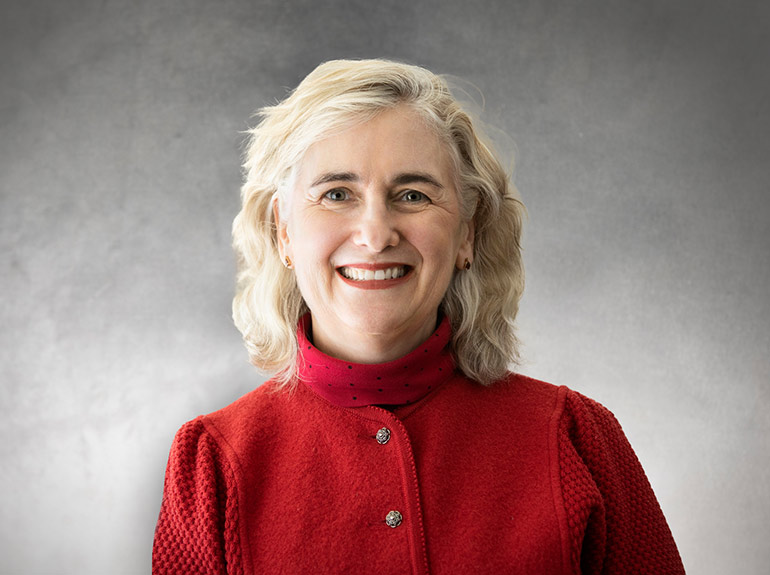Community Justice Project
The Community Justice Project builds bridges with stakeholders and conducts intensive research to find solutions to social justice issues in our community.
Working in one of our 10 legal clinics, you will provide representation and assistance to the underserved populations of the Twin Cities on problems ranging from health care to political asylum to issues of social justice.
Four of our clinics are part of the St. Thomas Interprofessional Center for Counseling and Legal Services, which is among the first of its kind in the country. The center takes a holistic approach to serving clients in that, under the guidance of faculty, students from the disciplines of law, social work and psychology work collaboratively to help clients in need.
The St. Thomas legal clinics are supported through a donation from Robins Kaplan LLP.
The Community Justice Project builds bridges with stakeholders and conducts intensive research to find solutions to social justice issues in our community.
The Federal Commutations Clinic assists inmates and evaluates and prepares commutation petitions to be directed to the U.S. pardon attorney.
The Immigration Law Practice Group represents immigrants seeking asylum as a result of persecution or a fear of persecution in their home countries.
The Appellate Clinic works on a pro bono civil appeal in the United States Court of Appeals for the Ninth Circuit. Under the supervision of Professor Greg Sisk, students review the trial court record, identify and research issues for appeal, prepare an opening brief and a reply brief, and may be designated to present the oral argument to the court. The clinic seeks to directly support the push for greater equity by representing incarcerated individuals seeking to uphold their own dignity. Students must complete Lawyering Skills III before working in the Appellate Clinic.
The Bankruptcy Litigation Clinic represents an indigent party in Federal Bankruptcy Court. Certified student practitioners handle cases from beginning to end—extensive discussions and meetings with the client to understand their case and its bases, draft a complaint or answer, conduct discovery, participate in motion practice, and finally, present the client’s case at the trial. Typical cases involve representing a debtor who has been sued for a denial of discharge or a creditor who wants claims declared non-dischargeable. Student practitioners work under the supervision of bankruptcy attorneys from the firm Cozen O’Connor.
The Community Justice Project (CJP), under the supervision of Professor Carl Warren, works closely with community based partners to solve disparities in such areas as juvenile justice, housing, education, and criminal justice systems by proposing and applying public policy solutions. It focuses on bridge building with community stakeholders and problem solving in distressed communities. Through certified student practitioners, the CJP clinic conducts valuable advocacy, legal research and writing, litigation and community outreach in conjunction with its community partners. The focus of CJP is to be an agent of change to ensure that justice is obtained for underserved members of the community.
The Criminal and Juvenile Defense clinic (CJD) is dedicated to serving the Twin Cities community by representing youth and adult defendants in criminal and delinquency cases who may otherwise be unable to afford legal representation. Its mission is to provide diligent, effective, and empathetic representation and advocacy in pursuit of each client’s desired outcome. The clinic also works to identify and remedy systemic problems which cause injustices or inequities within the criminal and juvenile legal systems.
The CJD clinic represents both children and adults facing a variety of charges including assault, theft, disorderly conduct, traffic offenses, and many others. Certified student practitioners appear in court regularly and conduct fact investigation, client counseling, witness interviewing, negotiation, motions writing, oral argument, direct and cross examination, jury selection, and other aspects of pretrial and trial litigation.
The Federal Commutations Clinic is supervised by Professor Mark Osler and serves a real need among federal inmates seeking guidance and assistance in evaluating and preparing commutation petitions. Through this clinic, certified student practitioners actively represent federal inmates seeking federal pardons and commutations of their sentences.
Federal pardon and commutation practice is a virtually unknown area of the law, with only a few practitioners in the private sector. It involves petitioning the President of the United States for either a pardon (which negates a federal conviction) or a commutation (which can shorten a sentence). The President’s power to issue pardons and commutations is virtually unfettered, and there are few rules or regulations regarding that process. Petitions for a pardon or commutation are directed to the United States Pardon Attorney, who works within the Department of Justice. There is a simple form to fill out, which is available online. However, most successful petitioners submit much more extensive petitions than simply that which is included in the form. The key piece is an addendum, usually in the form of a narrative, which tells the story of the petitioner and makes the case for an early release.
The Immigration Law Practice Group (ILPG) focuses on representing immigrants seeking to improve their legal status in the United States. Currently, the primary focus of the ILPG is working with naturalization applicants. This includes, but is not limited to, conducting client interviews, conducting local and international fact investigation, drafting immigration applications and affidavits, and representing clients before immigration related divisions of the U.S. Department of Homeland Security. We also provide limited representation at Immigration Court master calendar hearings. Additionally, ILPG regularly engages in broader policy and advocacy work through community-based organizations.
The Nonprofit Organizations Clinic focuses on the legal needs of existing and aspiring nonprofit organizations. This clinic is designed to help nonprofits get off the ground and promote social and economic justice in the United States and abroad. Certified student practitioners, through the clinic, learn about nonprofit governance, compliance, operations, and management; help promote servant leadership and social justice; and assist nonprofit organizations with their legal needs.
This clinical course gives a small number of students in a semester the opportunity to write appellate briefs, primarily amicus curiae (“friend of the court”) briefs, in cases involving religious liberty in the U.S. Supreme Court, lower federal courts, and state appellate courts. The primary clients are national civil-liberties organizations and national religious organizations. Each student generally drafts an appellate brief and, depending on workload, other written work product. Through readings and an intensive process of drafting and revision, students take the lead in producing effective appellate briefs in difficult, important cases and also learn basic principles of religious liberty and conscience protection. The clinic pays special attention to the distinctive strategic issues in drafting amicus briefs that will assist, and be persuasive to, appellate courts. The clinic’s filings have been cited by several federal courts of appeals
The clinic supports religious freedom for all faiths, and it emphasizes defending religious freedom with arguments that cross ideological lines. It has filed briefs on behalf of Muslim, Jewish, and Christian groups and individuals. To pick just a few examples, it has supported claims by a Muslim man practicing his faith in prison, by a small church advertising its worship services, by Native Americans seeking to prevent destruction of their sacred sites on federal land, and by many other individuals and groups.
Professor Tom Berg, the clinic's supervising attorney, is a prominent First Amendment scholar and appellate advocate who has written and filed briefs in nearly 80 significant cases in the U.S. Supreme Court and other appellate courts and has won multiple awards for his advocacy and scholarship.
The Special Education clinic serves elementary and secondary students who have been identified as qualifying for special education services. Certified student practitioners in the clinic collaborate with various community partners to reach students and parents in communities that have historically been underserved in both special education and legal services. The clinic works with parents/students to provide legal training and ongoing support in the special education system so that the parents/students can become strong self-advocates. In addition, the clinic provides training, analysis of individualized education plans, and, as appropriate, counseling on individual cases or group or class complaints. The clinic works exclusively with its institutional partners and is not accepting outside referrals at this time.
The Trademark Law clinic counsels clients about trademark applications, prepares and files trademark applications and prepares responses to Office Actions. Law students gain the analytical skills, practical knowledge, and legal background to counsel businesses in the area of intellectual property. They may have the opportunity to bring or defend opposition or cancellation proceedings and argue before the Trademark Trial and Appeal Board.
Clients of the Trademark Clinic may include nonprofit entities, small businesses and individuals who could otherwise not afford to protect or defend their trademarks. It does not handle patents.
